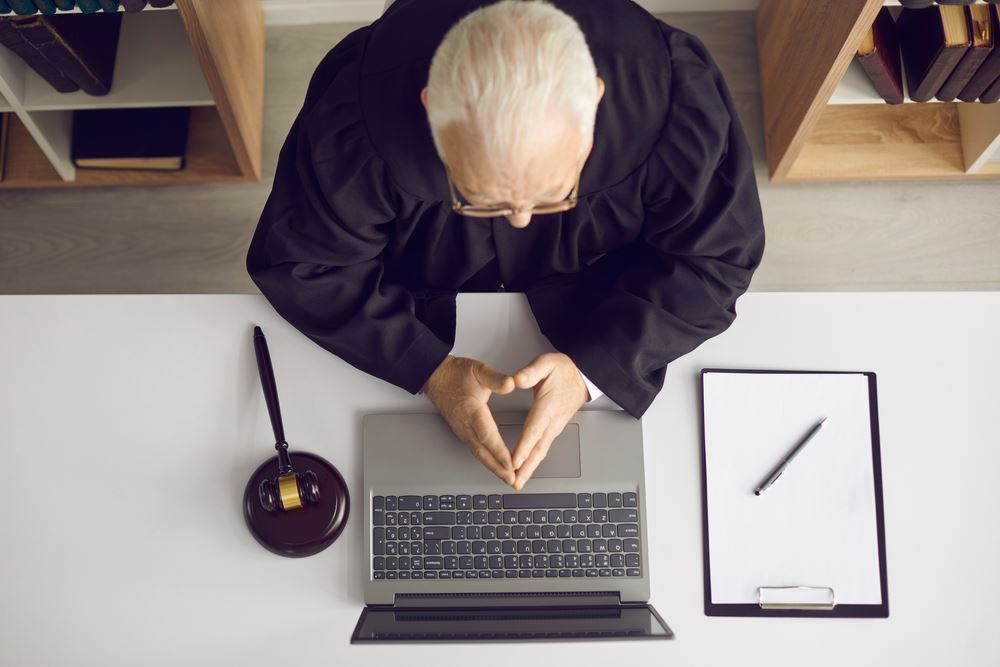On July 17, 2023, the Circuit Court of Cook County discontinued courtroom livestreaming now that the threat of COVID-19 has subsided dramatically. But what about transparency? Or freedom of the press? Or access for people with limited transportation? Noble causes all, but the Circuit Court of Cook County determined that the right for people to be considered “innocent until proven guilty” outweighed those considerations.
During the height of the COVID-19 pandemic, the court adopted livestreaming of proceedings so that people who would normally attend in person to support their parties could still attend without risking their health. This practice resulted in efficiency gains for attorneys, clients, and the courts and agencies. Parties in a lawsuit didn’t have to make long drives simply for a 10-minute appearance, and neither did their attorneys, which reduced billing for time and mileage, saving clients money and allowing attorneys to serve more clients in less time.
But, unanticipated problems arose. For instance, there were numerous episodes of families logging onto a court Zoom proceeding only to get scammed by thieves posing as court officials. The thieves would direct the families to pay court fees via Zelle. They would even lie to the families about when their loved ones would be released. The web bandits not only financially defrauded these families, but gave them false hope of being reunited.
Other odd instances also cropped up. In one case, a judge did not realize he was still being broadcast on the YouTube livestream and was caught disparaging an attorney. That attorney requested preservation of the video for a formal complaint against the judge.
Eventually, the court’s livestream was found to have violated YouTube’s community guidelines in August 2022. Instead of accessing the livestream, visitors to the site were greeted with this message: “This account has been terminated due to multiple or severe violations of YouTube's policy against spam, deceptive practices, and misleading content or other Terms of Service violations.”
Perhaps the strongest argument against livestreaming proceedings was that it could cast a negative pall over defendants who were not necessarily guilty. The court’s press release mentioned that a livestream could create “a permanent electronic record in the public domain that negatively impacts the lives of those accused of crimes who were not convicted or whose charges were ultimately expunged from public records.” The existence of a publicly available record is one thing, but the possibility for misuse only compounds its problematic nature. What if someone took screenshots or clips of the hearing and posted them online and out of context later? It could easily make life more difficult for anyone who had appeared in criminal court.
Unfortunately, there’s not much to stop people with malicious intent from misusing technology in these ways, even though Illinois Supreme Court Rule 44 controls what’s allowed in terms of photography and video and audio recording in courtrooms. While documentation of court proceedings is still available, it’s not as easy to access as a livestream, and therefore less easy to manipulate for nefarious or malicious purposes.
As of publication, YouTube courtroom livestreaming has been terminated, but there is no plan to discontinue remote court proceedings—often dubbed “Zoom court”—most likely because it offers all interested parties a net gain.

